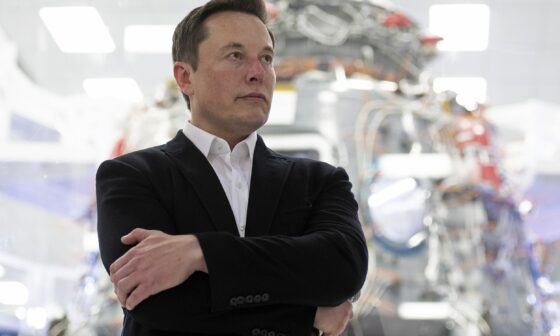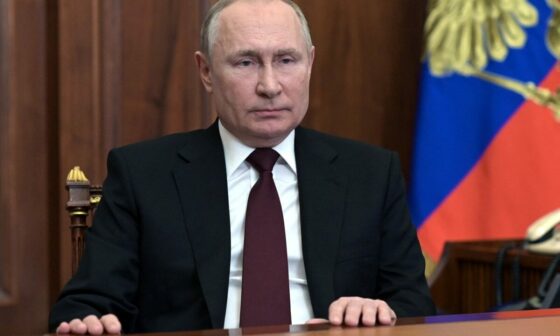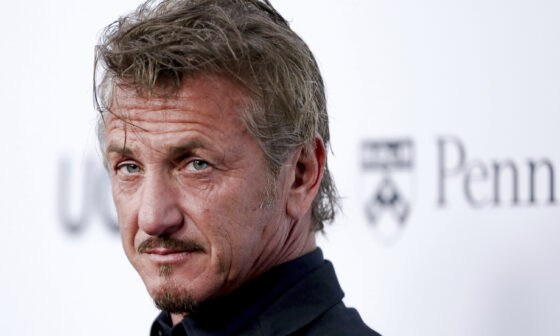
In Luxemburg, an Environmental Council Meeting has seen 28 countries talking about climate change before the next European Council meeting. The environmental ministers agreed to update the EU’s pledge about what is established by the Paris Agreement.
Indeed, the Paris Agreement signed in 2015, has two important objectives: to limit the increase of the temperatures to 1.5 degrees and to reach climate neutrality with greenhouse gas emissions. In the year 2020, countries should start the concrete action expected by the agreement.
Ministers agreed to a text that says the Council will complete its work on a pending climate-neutrality goal for 2050 by the end of the year. As the draft updated reads, “in 2020, the EU will update its Nationally Determined Contribution as agreed in Paris“. The final conclusions are not clear, since there is not a real progression of ambitions mentioned or an increase in effort, which specifies there and then.
Apparently, ten countries have blocked the attempt of a more explicit change that would involve a stepping up and increase of efforts: Bulgaria, the Czech Republic, Croatia, Estonia, Greece, Hungary, Lithuania, Malta, Poland and Romania. In particular, the Czech Republic, Hungary and Poland refused to add to their plans, the cutting of greenhouse gas emissions by 2050.
As Wendel Trio, head of environmental group CAN Europe, said: “A long-awaited decision to massively scale up EU emission cuts has been delayed yet again at a time when millions of people take to the street to protest against government inaction”.
At the same time, Slovakia, Poland and the Czech Republic pushed back against a more ambitious 2030 target. The lack of unanimity is due to the uncertainty about the costs that the countries involved should face. The Czech Republic and Poland have already made it clear that they could not sign a draft where the costs of ditching fossil fuels are not explained.
Behind a real effort, there’s a more concrete need of money and Poland is expecting financial assistance to be granted. Now, great hopes have been put on the future president of the EU parliament Von der Leyen, who wants to turn the European Investment Bank into the bloc’s climate bank to ensure the concreteness of the investments in the environment.
#Peace.Love.ClimateChange








